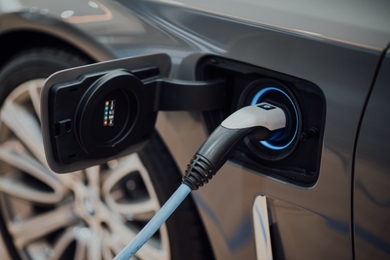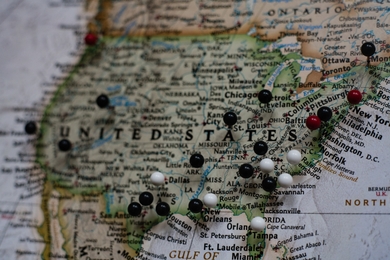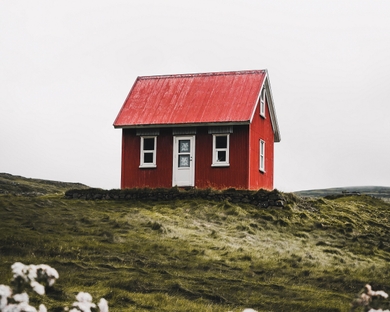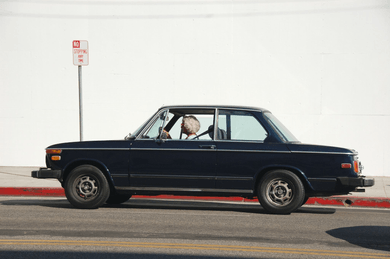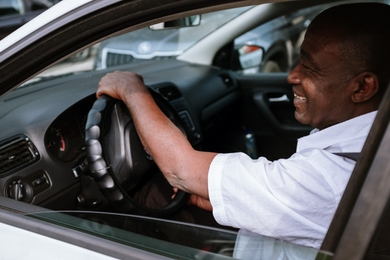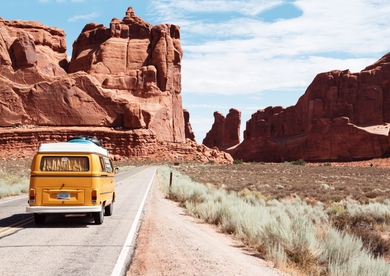Does Car & Home Insurance Cover Natural Disasters? | Gabi
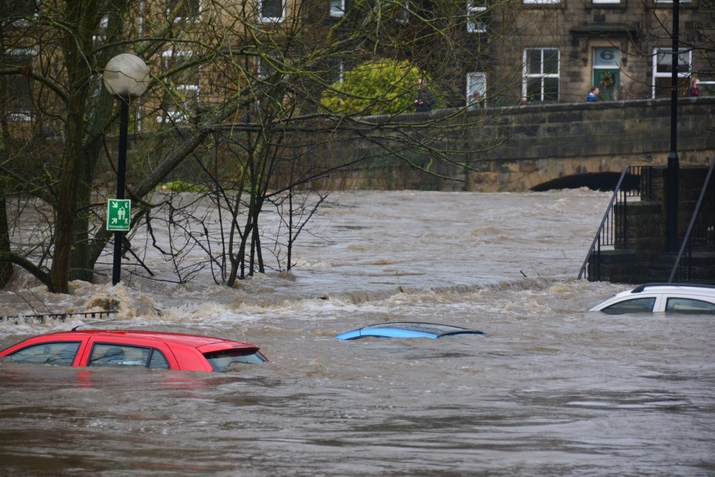
Every year, we seem to experience the damaging effects of severe weather events which can destroy everything we have within minutes. One of the strongest natural disasters affecting our country are hurricanes, to which some of us lost our beloved ones, homes, and much more. We all remember Hurricane Katrina in 2005 and its devastating consequences for our lives on many levels, including the economic system.
And hurricanes aren’t the only natural disasters we have to worry about. Throughout the year we also experience wildfires (the ones in California and on the West Coast were terrible last year), tornados, and other potentially disastrous weather events.
When a hurricane, wildfire, or other natural disaster hits, many people aren’t prepared: Dealing with damage to your home, being forced to evacuate, or being left without a car can be expensive and stressful. And, if the worst scenario happens, not all of us have that much savings to start from scratch.
It’s wise to make sure you’re prepared for a potential disaster before there’s a threat in your area. Does your car and home insurance cover natural disasters? Do you have to buy additional coverage types? Let’s find out!
- What is natural disaster insurance?
- What natural disasters are covered by homeowners insurance?
- What natural disasters are not covered by homeowners insurance?
- What natural disasters are covered by car insurance?
- What natural disasters are not covered by car insurance?
- What you can do to prepare for a natural disaster
What is natural disaster insurance?
Your standard homeowners policy covers you in case of fire, windstorms, rainstorms, and many more. However, not all disastrous weather events are included so you may need to purchase additional coverage. Natural disaster insurance can be an endorsement to your property insurance or a separate policy (like flood or earthquake insurance policies) that covers perils not included in your standard homeowners or renters insurance coverage.
Does homeowners insurance cover natural disasters? Which ones?
Standard homeowners insurance policies provide financial protection in the event of many types of severe weather conditions. This includes damages done by hail, wind, wildfires, and lightning strikes. A standard HO-3 home policy partially reimburses you in the event of hurricane damages — your insurer will need to assess whether your property was damaged due to hurricane wind or an accompanying storm. If it was caused by the wind itself, you can count on compensation.
Tornadoes are also included in your basic home insurance. But if your area is more prone to suffer from them, like Texas or Oklahoma, an insurance company may add a separate deductible that will cover wind-related damages. Its amount is usually a percentage of your total property coverage but it may also come as a flat amount.
What natural disasters are not covered by homeowners insurance?
Some natural disasters are excluded from your homeowners insurance policy. This applies to flooding and earthquakes. Look at this interactive map to see the flooding history in your area. Standard homeowners and renters insurance policies do not cover flooding, but flood insurance is available as a separate policy from the National Flood Insurance Program (NFIP) and some private insurers. Damage from hurricane winds is generally covered by standard homeowners or renters insurance, but because much of the damage of a hurricane can be caused by flooding in its aftermath, people living in hurricane-prone areas may need to purchase flood insurance.
Damage from wildfires is generally covered by standard homeowners or renters insurance (if you were impacted by the California wildfires, here are some tips from our licensed insurance agents). If you live in a wildfire-prone area in California, you may also live near the San Andreas fault, where you can expect to experience an earthquake during your lifetime. And homeowners insurance policies don’t usually cover earthquakes. You may purchase a separate policy or an add-on policy for earthquake insurance.
When it comes to blizzard-related damages during winter, some of them like a collapsed roof or wind damage will be reimbursed by your insurer. However, water damage has its own set of rules – flooding caused by frozen pipe burst is covered by an insurance policy, while water damage caused by ice melting outside is not. Learn more here.
Wind damage is a part of standard home insurance but if you live in a coastal area, a separate policy for wind may be necessary. Ask your licensed Gabi advisor for more information.
Does car insurance cover natural disasters? Which ones?
Car insurance will cover you against natural disasters if you purchase comprehensive coverage.
Comprehensive coverage (also known as ‘Acts of God’ insurance) will repay your losses caused by:
- Flooding
- Wildfire
- Hurricane
- Hail storm
- Earthquake
- Volcano eruption
- Mudslides
- Landslides
- Sinkholes
- Theft, vandalism, riots
What natural disasters are not covered by car insurance?
If you purchase comprehensive coverage, it will provide financial protection if your car was damaged in any natural disaster. However, there’s one rule — you need to buy it before a severe weather event is forecasted. Otherwise, you may be denied to add it to your insurance policy and will have to pay for the loss out of pocket.
What you can do to prepare for a natural disaster
- Make sure you have the right insurance. Consider the likelihood of natural disasters in your area, and purchase the necessary insurance to make sure you’re really protected. If you live in a high-risk area or can’t assess which additional coverage you should purchase, one of our licensed Gabi agents will help to tailor an insurance policy to your needs. Better safe than sorry.
- Make sure you have enough insurance. In addition to having the right kind of insurance coverage, you also need to purchase the right amount. For instance, if your home is worth $300,000 but you only cover it for $200,000, the insurer will only pay $200,000 in the event of a total loss. Also, take a moment to decide on your deductibles – that’s the amount you will have to pay out of your pocket for each insurance claim you want to make due to a covered loss. It can come as a flat dollar amount or percentage of your home value or covered peril. The rest will be covered by your insurance provider (within your insurance policy limits, of course).
- Keep copies of insurance policies safe and accessible. Most likely, you can access your insurance policies and other important information electronically, but it’s wise to print copies of the policies and keep them in a fireproof safe or a lockbox. That way you can easily grab them when needed to call your insurance company and file a claim. It will save you a lot of time and, most importantly, will speed up the whole process. And compensation is something you would definitely want to receive as soon as possible, provided that you lost your valuables to a natural disaster.
- Have cash on hand. Even if you have great insurance, it takes time to file an insurance claim and get paid after a natural disaster. So it’s wise to have some cash available in case you have to evacuate. Work towards saving $1,000 or whatever amount you think you would need to pay for a hotel, meals, and other necessities for a few days in the event of an emergency. Having money in the bank is certainly helpful, but keep some cash in your in-home safe as well, just in case. It will give you more peace of mind in case a disaster strikes in your area.
Weather events are usually unpredictable and can bring catastrophic events all of a sudden, even if they are not very common in your area. Hurricane damage, windstorm, mudslides, hail storm – there are plenty of natural disasters we may face in the future. Don’t risk your life and the lives of your family members – it’s better to modify your standard homeowners insurance policy with specific endorsements, or even buy a separate type of coverage to make sure you’re protected. Go to gabi.com and get peace of mind knowing we have your back!

